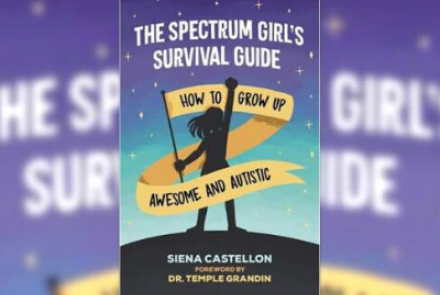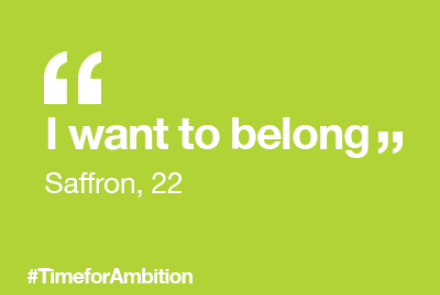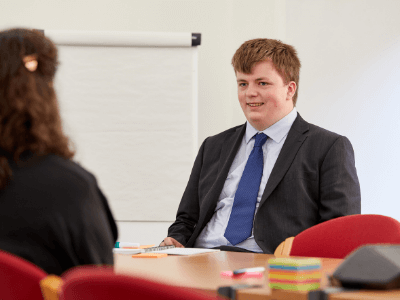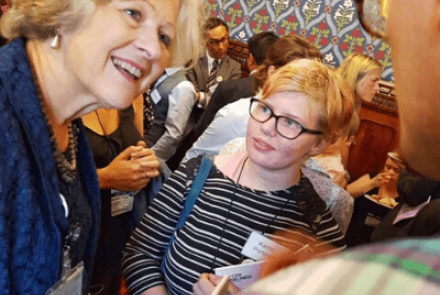Important advice for parents of young autistic children
My son Kai was then two years old and I knew in my heart that he had autism. I was scared to face the truth, and at the same time, I needed that truth to move on and to help Kai.
As I found myself lost in the maze of the public health system and an overwhelming flow of information on autism, I was mostly paralysed with my own stress hormones.
Sleep deprived, anxious and in constant conflict with my husband – I felt emotionally crippled as I needed to help my son on his journey to receive ASD diagnosis. I was pushing myself to work more and more as this is where I found confidence and success, while the rest of the world was collapsing. I also lost my hearing at this time, which was a double blow to my mental state.
I knew how important ‘early intervention’ was but most of the time, and for two years onwards en-route to diagnosis, I felt like I was operating on some reserve battery, and it was running lower and lower. I was drained mentally and physically.
As I look back I would like to support other parents with one piece of crucial advice. Please take care of your mental health first. If I had been comforted and guided through those hardest two years, I would have made better decisions and I would have achieved more in all aspects of my life.
As a naturally strong and successful woman at the age of 38, I found myself too embarrassed to be feeling weak and lost. I didn’t ask for help for MYSELF.
As I support other parents, I believe that it’s the mother who comes first. Her sleep, her strength and her wellbeing is what will carry the family through the rough path on the way to receive the diagnosis.
I would like to offer three pieces of advice to any parent who is awaiting an autism diagnosis for their child.
Step one: Acknowledge you are feeling lost or stressed
Find the word for it, write it down. Don’t lie to yourself saying ‘I am fine’. You are not, and you know it. My word was ‘crippled’. It described how I felt inside and out.
Step two: Ask for emotional help
In my case, I needed a proper therapist, but I had never achieved step one, as I was too proud and perfect in my own mind. My own stress hormones had poisoned me against speaking to anyone about my mental state. Talk to your partner, family, friend, GP, therapist or charity support. Ambitious about Autism has some brilliant resources highlighting early intervention and supporting parents. Find that helping hand.
Step three: Take the support. Allow help
Allow the system and people around you to help you. I know it is hard to receive and take sometimes, especially at that stage, when you feel there is something wrong with you and you feel like you need more... more sleep, more space, more love, more tears. You need more. Allow that help to make yourself feel stronger mentally. You are a parent. Parents NEED help.
Then take action. It’s when you are resilient and mentally strong that you can make that phone call, read that article and face that truth. To do this you must be mentally healthy and strong. That inner strength will be the only supporting element for your child.
If you would like to speak to another parent, I am happy to talk. I know how you feel. Please contact info@ambitiousaboutautism.org.uk .
About the author
Oli Grant is a business owner and an activist for mental and hearing health. She is the mother of 7-year-old Kai and is passionate in the field of supporting parents with autistic children worldwide.












